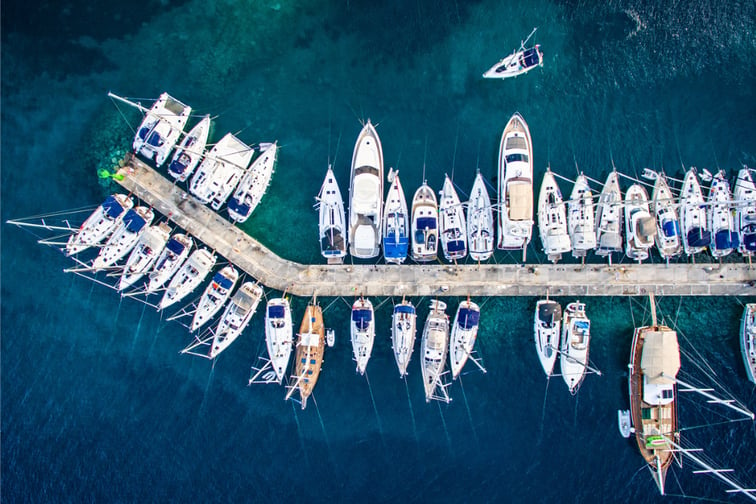

The commercial marine space is making a come back as spring rolls in, and brokers need to be nimble over the next few weeks to keep clients happy.
Karen Benell, account executive at Gifford Carr Insurance Group, spoke to Insurance Business about how there used to be a comprehensive commercial marina program in place in Ontario, so marinas could have access to quality and affordable insurance products, but last year the program was discontinued.
“The carrier of the program did not advise many marinas until very late in the process, so last year was quite chaotic,” she explained. “We’re hoping that this year is calmer.”
Brokers and clients were not given enough notice about the program cancellation, making it difficult for them to react in a timely manner and pivot accordingly, according to Benell. At Gifford Carr, brokers strategized and sourced out alternative markets in the US and UK to continue servicing commercial marinas.
When it comes to risk management in the space, Benell said that she first advises clients on the immediate risks that can be mitigated, versus long-tail risk management through insurance products.
“The cost of obtaining liability insurance is much more affordable than the uncertainty of a liability loss, so explaining the necessity of the liability portion of a policy is priceless,” she said.
Clients need to be aware of the costs that can be incurred if docks are not replaced, if an injury was to happen, or a lawsuit was to come their way.
“Explaining if they hope to never make a claim, what their responsibilities are to ensure that a structure or equipment is up to standard is so important,” Benell noted. “I always give clients an overview, so they understand exactly what their insurance is for.”
A notable trend in commercial marina claims has surrounded pollution, according to Benell.
“Marinas are on our waterways and can transmit pollutants easily. When I’m counselling marina clients, I strongly advise them to have pollution coverage,” she added.
With environmental, social, and governance (ESG) factors increasing in importance, brokers that express the importance of pollution liability coverage can improve their clients’ risk profiles, which makes all the difference amid a lack of carrier capacity.
Read next: Companies scrambling to figure out ESG risks
For brokers hoping to enter this segment, Benell emphasised that they need to do their homework as marinas are extremely unique.
“You can’t compare them to most other commercial enterprises as they can do and be so many different things,” she said. “You need to know the entity and what questions to ask so there are no open liability exposures.”
Depending on their clientele, a marina’s risk profile can change dramatically. Commercial marinas come in the form of water taxis, gas stations, restaurants, or jet ski rental businesses – there is a myriad of exposures that must be considered.
“Now that the pandemic is almost behind us, brokers need to get out and see clients because there may have been changes in their operations that they wouldn’t think to communicate over the phone,” Benell mentioned. “There could be a food truck sitting outside the property or a new retail addition which is incredibly important for brokers to be aware of. Driving out and making sure the operation is the same, can make a world of difference for a broker.”
